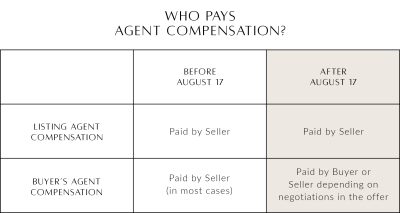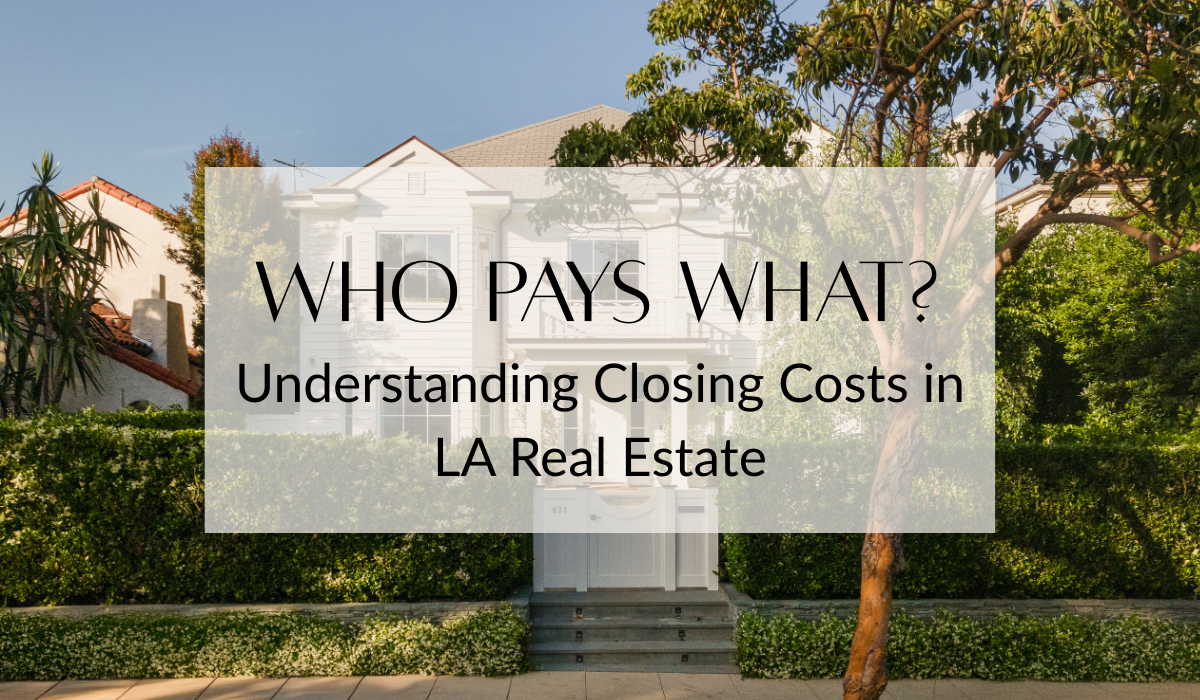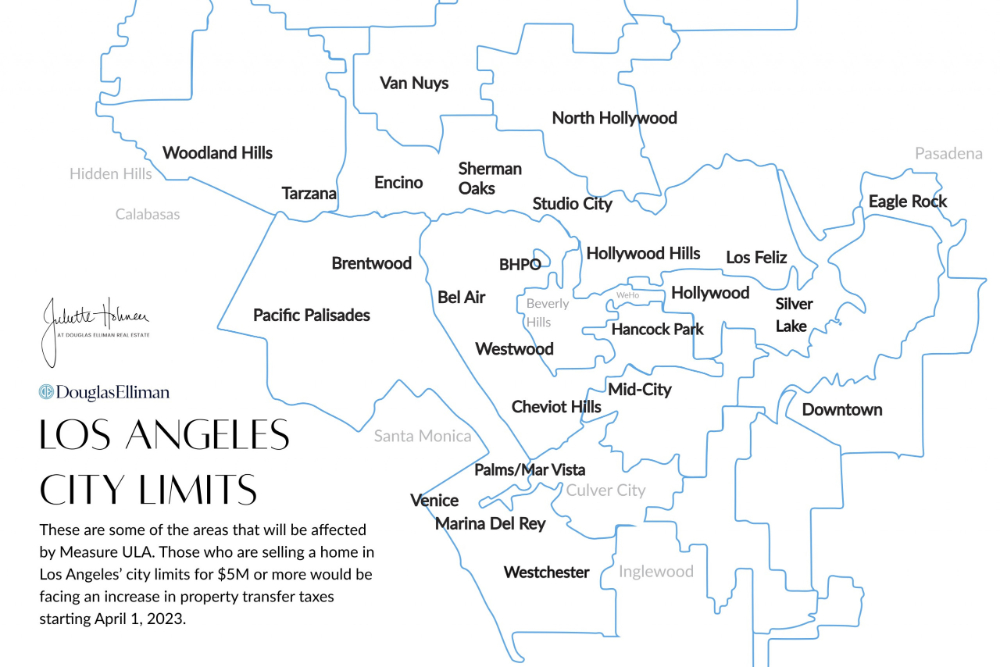
The new rules require 2 significant changes to the way business has been done:
-
There will be no more “offers of compensation” for buyers’ agents on properties in the MLS. Before August 17, all properties on the MLS had a required field to indicate the percentage (or amount) that the seller was willing to pay the buyer’s agent. On or prior to August 17, this field on the MLS went away. In other words, sellers are no longer required to offer any compensation to a buyer’s agent. However, a seller may still be willing to pay the buyer’s agent’s compensation, and the buyer can ask for the seller to pay their agent’s compensation as a part of the purchase offer negotiation.
-
Buyers have to sign buyer representation agreements before an agent can show them a property. In this buyer representation agreement, the buyer has committed to paying their agent’s compensation, although the buyer can ask the seller to pay that obligation as part of the deal negotiations.
What does this mean for home buyers?
Buyers need to be aware that moving forward sellers are not automatically paying buyers’ agents’ compensations. Buyers will be responsible for paying their own agent’s compensation, unless it’s negotiated in the purchase agreement that the seller will pay. If a seller declines to pay the buyer’s agent fee, or will only pay a portion of it, the buyer will have to make up the difference.
In practice, many sellers may want to continue the practice of paying for the buyer’s agents, since it provides liability protection and makes for a smoother transaction, but not all sellers will be willing to pay the other side’s fees. (Yet another reason why you want to work with a buyer’s agent who is a strong negotiator.)
When you start your housing search, be prepared to have a serious discussion with your real estate agent about your budget, housing needs, the agent’s fee, and where your funds are coming from. Make sure you understand the terms before signing a buyer representation agreement (not just the fee but is the agreement exclusive or non-exclusive, for instance). You will need to have a buyer representation agreement signed with an agent before they can show you any property.
Can people still go to open houses without a buyer representation agreement?
Yes, but you will most likely be asked to sign a form saying you are not represented by the person hosting the open house and that any information the open house host shares is for the benefit of the seller.
Have more questions on how this will impact you and the real estate market?
Please reach out! I’d be happy to walk you through all these changes in detail and discuss how we can work together in the future.
























































































